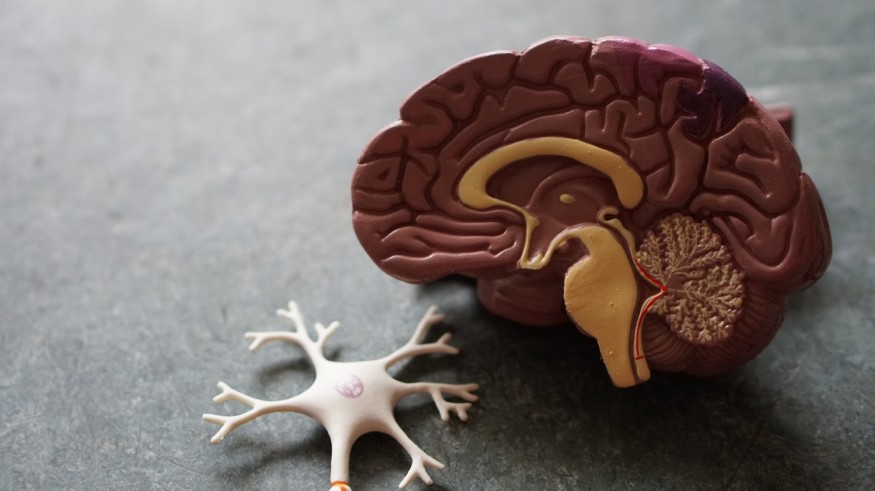
Our brains are incredible organs that regulate our thoughts, emotions, and actions. Unfortunately, they can also fall prey to various diseases and disorders that impact our cognitive abilities. While medical intervention is crucial, certain supplements have shown promise in supporting brain health and mitigating the effects of brain diseases when taken as preventives and at the onset of disease. Let's discover how these supplements can make a difference.
Understand Brain Diseases and Their Impact
Brain diseases encompass a wide range of conditions, from neurodegenerative disorders like Alzheimer's and Parkinson's to mental health conditions like depression and anxiety. These diseases affect millions of people worldwide and can have a profound impact on their quality of life. Symptoms may include memory loss, cognitive decline, mood disturbances, and impaired motor function. Coping with these challenges can be emotionally and physically draining for individuals and their loved ones.
While there is no cure for many brain diseases, ongoing research suggests that certain natural supplements can provide potential benefits in managing symptoms and promoting brain health. These supplements should be viewed as complementary approaches, meant to augment traditional medical interventions and therapy.
The Role of Magnesium L-Threonate
One supplement that has gained attention in recent years is magnesium L-threonate. Magnesium is an essential mineral involved in numerous bodily functions, including brain health. However, magnesium L-threonate stands out due to its ability to cross the blood-brain barrier, allowing it to effectively reach brain cells and exert its potential benefits.
Studies have shown that magnesium L-threonate may enhance learning and memory by supporting synaptic plasticity, the process by which the connections between brain cells are strengthened. Additionally, it has demonstrated the potential in reducing anxiety and depression symptoms, promoting sleep quality, and even slowing down age-related cognitive decline.
However, it is important to note that while magnesium L-threonate shows promise, it should not replace prescribed medications or treatments for brain diseases. Always consult with a healthcare professional to determine if it may be a suitable addition to your existing treatment plan.
Omega-3 Fatty Acids
Omega-3 fatty acids, commonly found in fatty fish like salmon and mackerel, are crucial for maintaining optimal brain function. These fatty acids, particularly eicosapentaenoic acid (EPA) and docosahexaenoic acid (DHA), play a significant role in supporting the structure and function of brain cells.
Research suggests that omega-3 fatty acids may contribute to reducing inflammation in the brain, which is often associated with neurodegenerative diseases. They may also support the formation of new neural connections, enhance cognitive performance, and even alleviate symptoms of depression.
If you're not a fan of fish, you can still incorporate omega-3 fatty acids into your diet through supplements derived from algae or krill oil. However, as with any supplement, consult with your healthcare provider to determine the appropriate dosage for your specific needs.
Curcumin for Brain Health
Curcumin, the active compound found in turmeric, has gained attention for its potential neuroprotective properties. This golden spice, commonly used in curry dishes, has been a staple in traditional medicine for centuries. Research suggests that curcumin exhibits antioxidant and anti-inflammatory effects, which can help combat oxidative stress and inflammation in the brain. It may also enhance the production of brain-derived neurotrophic factor (BDNF), a protein that supports the growth and survival of brain cells.
While curcumin shows promise, it is worth noting that its absorption is relatively poor. To enhance the bioavailability, consider pairing curcumin supplements with black pepper, which contains piperine. Piperine has been shown to enhance curcumin absorption.
Vitamin B Complex
In addition to magnesium L-threonate and omega-3 fatty acids, another group of supplements that can support brain health is the vitamin B complex. The B vitamins play crucial roles in various aspects of brain function, including energy production, neurotransmitter synthesis, and the maintenance of healthy nerve cells.
Among the B vitamins, vitamin B12 stands out as a key player in brain health. Deficiency in vitamin B12 has been linked to cognitive impairment, memory loss, and mood disorders. Supplementation with vitamin B12 can help address deficiencies and support healthy brain function. Other B vitamins, such as B6 and folic acid (B9), are also important for brain health. B6 is involved in the production of neurotransmitters like serotonin and dopamine, which regulate mood and cognitive function. Folic acid plays a crucial role in brain development and the production of new brain cells.
While it is possible to obtain B vitamins from a balanced diet that includes sources like meat, fish, eggs, and leafy greens, supplementation can be beneficial, especially for individuals with limited dietary intake or specific deficiencies. As always, consult with a healthcare professional to determine the appropriate dosage and ensure that supplementation aligns with your specific needs and health conditions.
© 2025 NatureWorldNews.com All rights reserved. Do not reproduce without permission.





